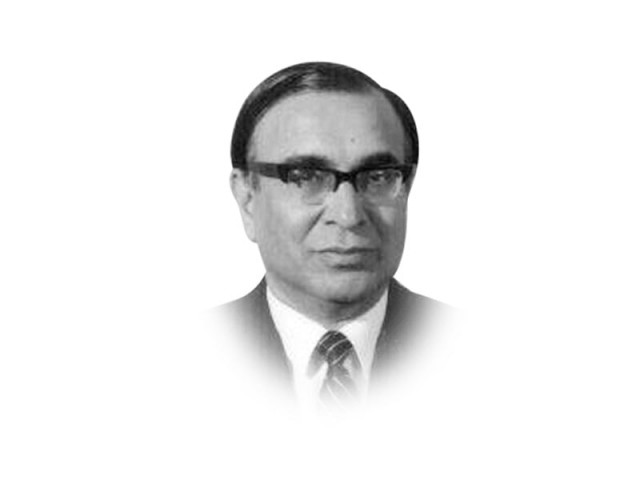In Libya, freedom or anarchy?
In Libya, the choice, as in Iraq in 2003, is between freedom and anarchy.

Tripoli was finally invested by the Berber opponents of Colonel Qaddafi from the western Nafusa Mountains, and not by the ‘Benghazi’ rebels, 187 days after the first democracy demonstration that Qaddafi tragically tried to suppress by force. The eastern forces had fought inconclusive battles for months across a rough fault line between the east (Cyrenaica) and the west (Tripolitania) with fortunes determined by direct Nato military support available to the rebels. The rebels were not an organised army in linear advance from Benghazi but various groups of insurgents willing to accept Nato’s military umbrella and loosely united against Qaddafi. Nato flew more than 19,000 sorties including about 7,500 bombing runs made selectively in ground support and more extensively to destroy Libya’s military infrastructure. As expectations of the regime’s collapse rose and fell, the West injected Special Forces, intelligence, experts, training personnel and more and more weapons. That it was an impermissible extension of the mandate given by the UN resolution is no longer worth debating after this fait accompli.
Peace will elude Libya for quite some time even when Tripoli is fully ‘pacified’ ; Nato’s intervention has destroyed not just the Qaddafi army but, in fact, the state itself. Now, nation building needs new foundations. The anti-Qaddafi front has diverse elements and the West will almost certainly play favourites. In Egypt, the revolution gave the Muslim Brotherhood an opportunity to seek a partial rehabilitation. In Libya, where the principal prize for the West is oil, Nato will try harder to marginalise the Islamic faction. The storming of Tripoli by Berbers under a round-the-clock Nato aerial cover is somewhat reminiscent of the capture of Kabul by the Northern Alliance that sidelined the Pashtuns and eventually led to the Taliban revival. The ethnic, tribal and ideological balance required by the Transitional National Council (TNC) to consolidate its power in Tripoli is not going to be easily created. The assassination of the rebel commander Abdul Fatah Younis, allegedly by Islamists in the anti-Qaddafi coalition, was an ominous sign of the enormity of the task ahead.
A silver lining is provided by the support that the struggle received from Arab states, especially from the oil rich Qatar and UAE. A strong Arab League profile with Egypt, Saudi Arabia and the two Gulf Cooperation Council states playing a significant role may help reduce toxic contradictions in Libya but would France, UK, Italy and their oil companies permit it? The United States delivered a crippling blow with its tomahawk missiles in March and then increasingly relied on neo-imperialist impulses in France and UK to generate the energy to see the project through. Would it now restrain these ambitions in its own larger national interest in Africa and the Middle East? Would the West leverage Libya’s blocked billions to make the TNC reconstruct the state according to a gospel it hands down? The astute Arab analyst Marwan Bishara appreciates the assistance given by the Western nations to the rebels but reminds us that “their interference was not necessarily motivated by humanitarian ends, rather more of the same geo-politics that led to befriending Qaddafi, Ben Ali and Mubarak in the first place”.
The West seeks to establish a grip on changes in the Arab world so that the objectives of the Bush era neo-conservative project to reconfigure the region can be realised albeit in a modified form. But the difference now is the reawakened desire of the Arab masses for self-determination. Herein lies the greatest contradiction and only time would show how it is resolved. In Libya, the choice, as in Iraq in 2003, is between freedom and anarchy.
Published in The Express Tribune, August 29th, 2011.



















COMMENTS
Comments are moderated and generally will be posted if they are on-topic and not abusive.
For more information, please see our Comments FAQ